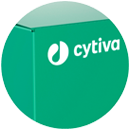
How to select filtration devices
Interview on what to consider to ensure you choose the right device for your sample prep application.

Interview on what to consider to ensure you choose the right device for your sample prep application.

Discover how to protect your HPLC column and extend its lifetime.

Learn what to look out for and how to filter these challenging samples effectively.

Learn more about Acrodisc™ Syringe Filter technology, column protection, and reducing API adsorption.
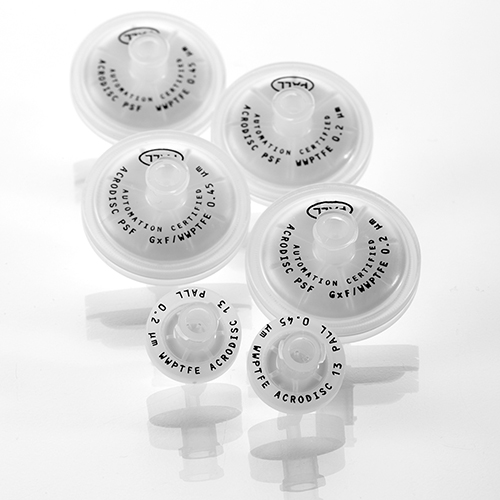
25 mm and 13 mm devices, compatible with the majority of common solvents. HPLC certified.
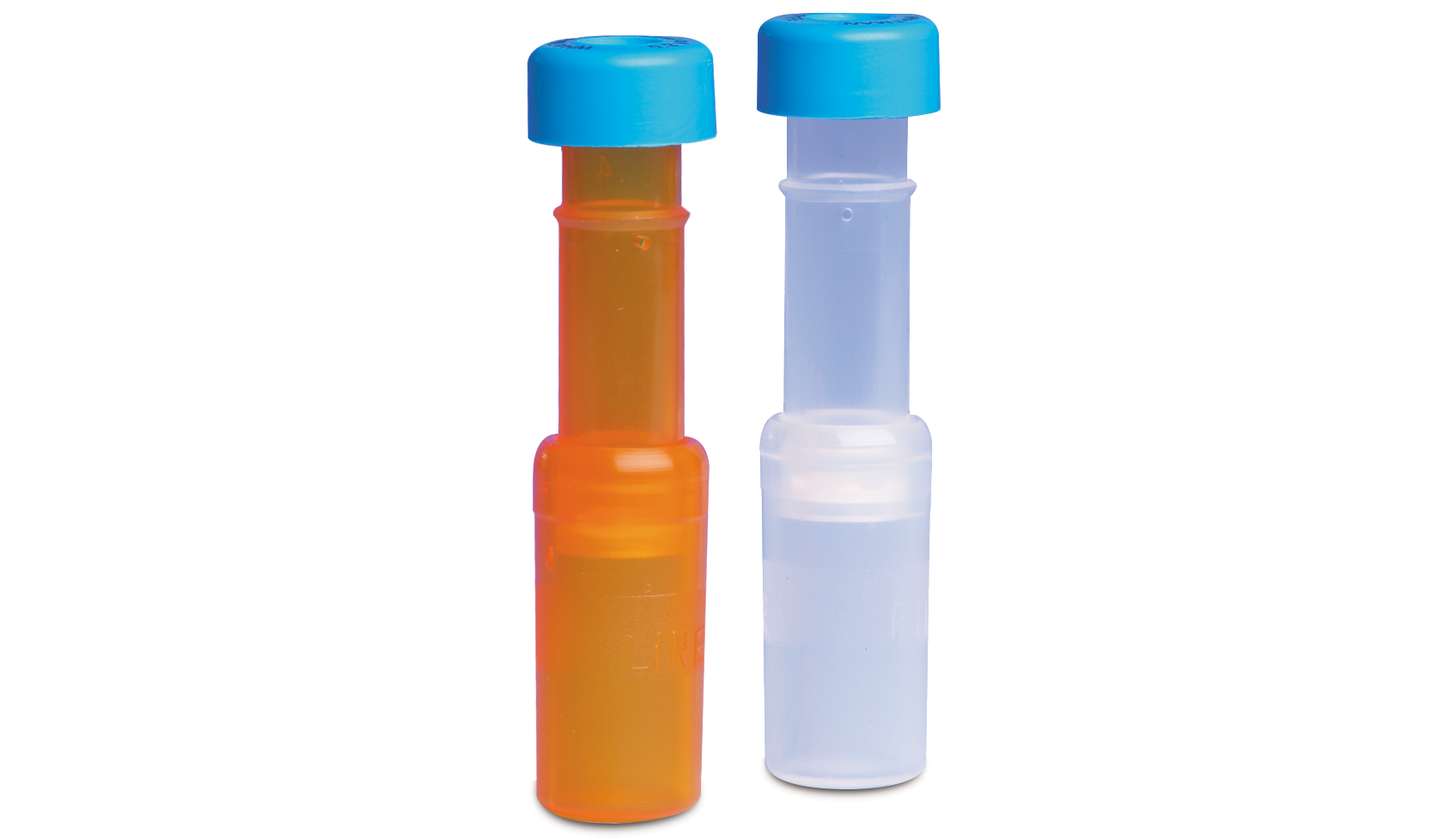
Integrated devices include collection vial to save time, reduce waste, and reduce sample handling.
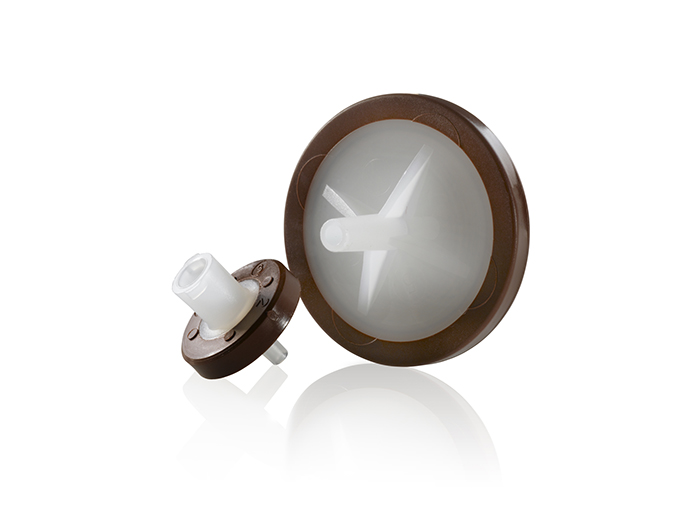
Regenerated cellulose membrane filters for reproducible filtration of organic and aqueous solutions.
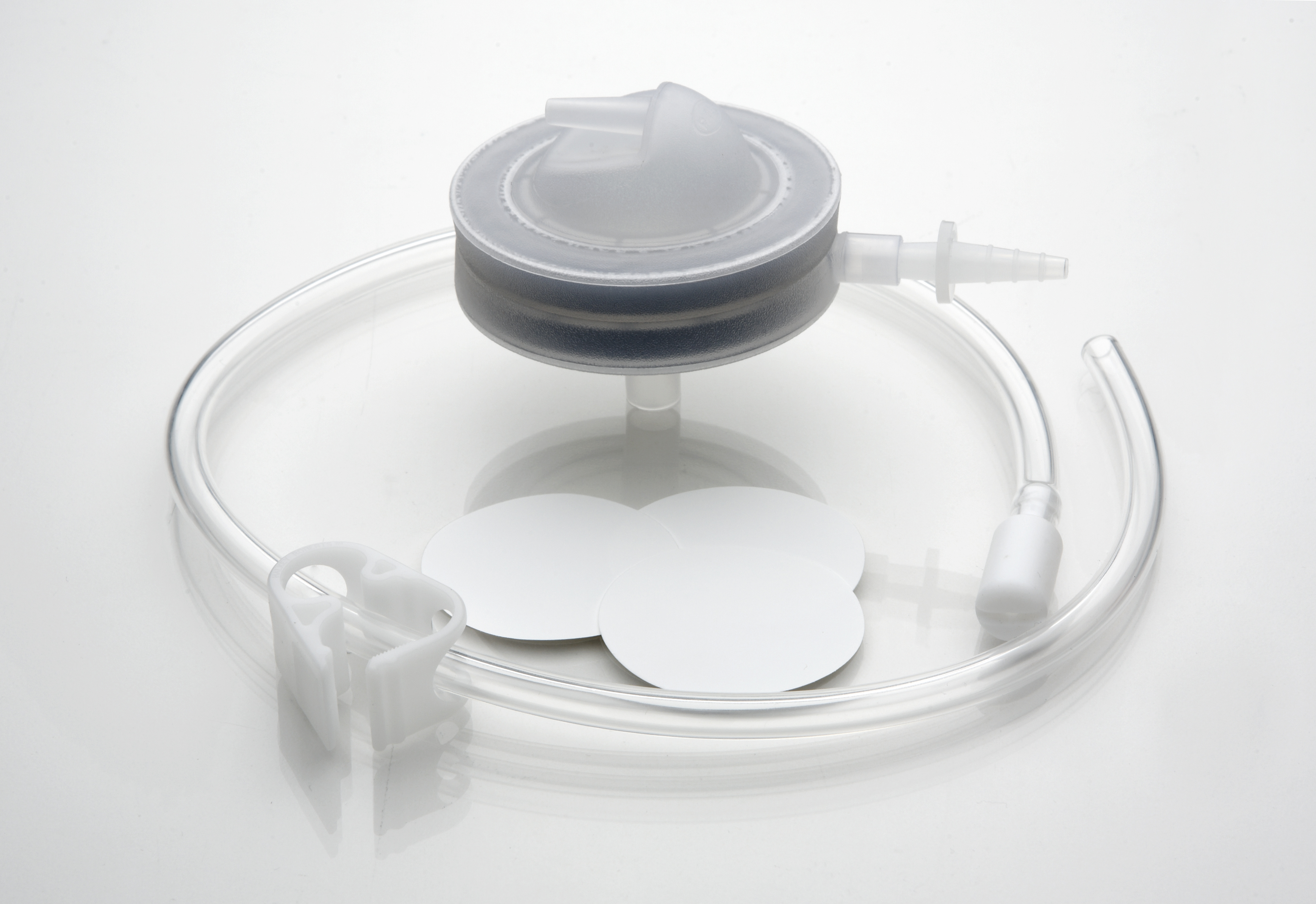
Simplifies clean-up and degassing of mobile phase solvents and other solutions.